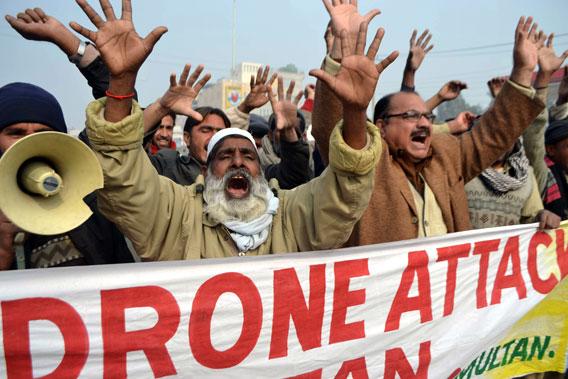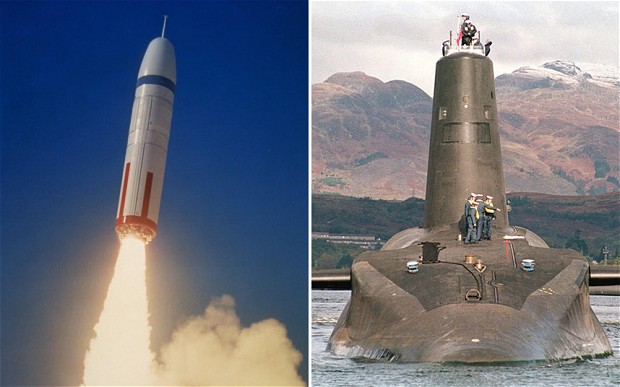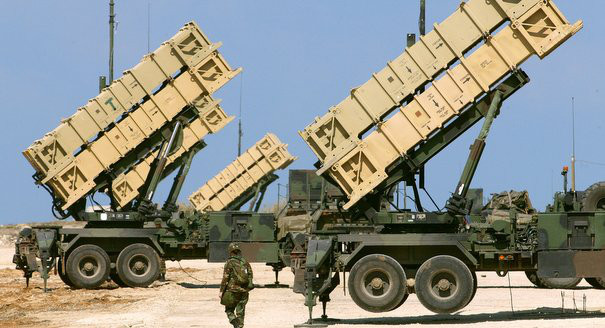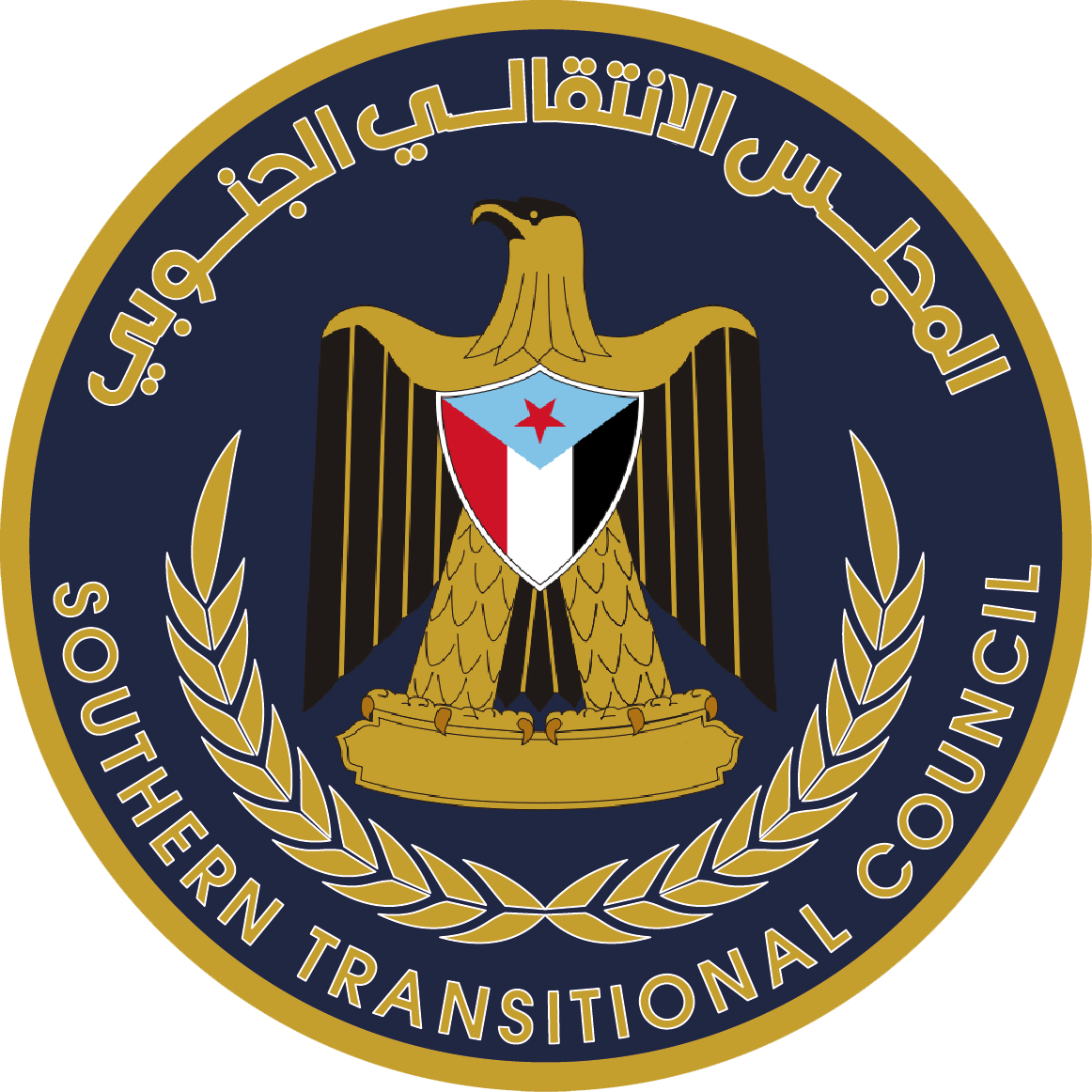In a major policy speech on Thursday, May 23, US President Barack Obama introduced several important, yet subtle, changes in the character and course of the American war on terror. The most notable changes came in the form of unmanned drone strike procedures, where lethal drones have been used to target Al-Qaeda operatives in Pakistan and Yemen. The immediate implications of this change include the transfer of responsibility for drone strikes in Yemen to the Pentagon, with the Defense Department taking over lethal drone operations from the CIA. However, operations in Pakistan would likely remain under the domain of the CIA.
[captionpix align=”left” theme=”elegant” width=”300″ imgsrc=”http://natoassociation.ca/wp-content/uploads/2013/05/drone-2.jpg”]
Sifting Through the Rhetoric
President Obama also stated that drone strikes would be used only in the case of a “continuing and imminent” threat, rather than the previous precondition of a “significant” threat. This change in language from “significant” to “continuing and imminent”, while seemingly superficial, has considerable implications for the way that these drone strikes are characterized under international law. The notion of an imminent threat expands on the UN notion of self-defense, as outlined in Article 51 of the United Nations Charter, to include attacks that have yet to occur but which are legitimately seen as forthcoming. This provides a justification for preemptive self-defense, and thus attempts to answer critics of the President who have faulted him for his delay in both closing Guantanamo Bay and ending the war on terror.
The use of the word “continuing” in the new policy also introduces an important temporal element that is crucial. “Significant” is a highly open-ended and subjective term, and could be applied to nearly any threat from a hostile state or actor. In adding the qualifier of repeated action, President Obama is paving the way for a reduction of military operations in the Middle East. In refining the language of American drone strike policy, Obama also sought to answer human rights critics who have questioned the morality of unmanned drones and their use in the Middle East, in light of civilian casualties and the recent White House revelation that four American citizens have been killed by drone strikes in the region since 2009.
Are Drones Inhumane?
However, it remains to be seen how much visible change will be produced by these rhetorical adjustments. Furthermore, there are important questions to be considered regarding the new language. While the characterization of “continuing and imminent” is certainly more refined than “significant,” the grey area continues to be large. In terms of the temporal dimension, how soon after the initial attack must the counter-strike in the form of drones occur for it to be responding to an imminent threat? Following from this, what frequency of assaults justifies the characterization of a threat as continuing? And what magnitude in terms of military capabilities? This last question is particularly important from a human rights standpoint as unmanned drones lack human qualities of intuition and judgment to adapt to a change in the other side’s capabilities.
The morality of drones from a human rights perspective has been the subject of fierce debate for several years. Simply put, unmanned drones are incredibly problematic as they are at once extremely deadly, yet lacking in fundamental human intelligence. While a fighter pilot can adapt to changes on the ground and utilize his judgment to determine whether a strike is both appropriate and necessary once airborne, an unmanned drone lacks these capabilities. The prevalence of drones has also been found to cause massive trauma throughout the civilian population that is subject to them. Thus, even with the change in language dictating their deployment, there are basic questions over the ethics of unmanned drones that are left unanswered by Obama’s speech. Such questions are crucial to the quest for peace and security in the Middle East, and one could argue that the very disregard and cold calculation that drones apply to the preservation of human life does serious damage to the reputation of the United States in the region.
Potential for Politicization
Greater government scrutiny of military operations is inarguably a positive step, both in the sense of accountability for drone strikes operations and casualties that may result. However, Congress is highly polarized and Obama’s speech has already become a source of politicization and debate. Further oversight from Congress could serve the negative function of hampering defense operations and co-opting discussions surrounding these strikes by Republicans seeking to discredit the President for “giving in” to terrorism. As it is also still likely that some US drone operations will remain the territory of the CIA, this could create problematic discrepancies in policy and implementation of US military capabilities with ensuing problems of accountability and transparency.
In considering Obama’s new drone policy, it is clearly rife with concerns and complications. Along with the material implications of the changes to the quality of drone strikes in the region, it is also important to question whether this an attempt by the President to make good on old election promises or to shift policy to appease an electorate rapidly becoming restless with his perpetual inaction in foreign policy. Only time will tell if this move will prove to be a step in winding down the war on terror or nothing more than attractive rhetoric.




